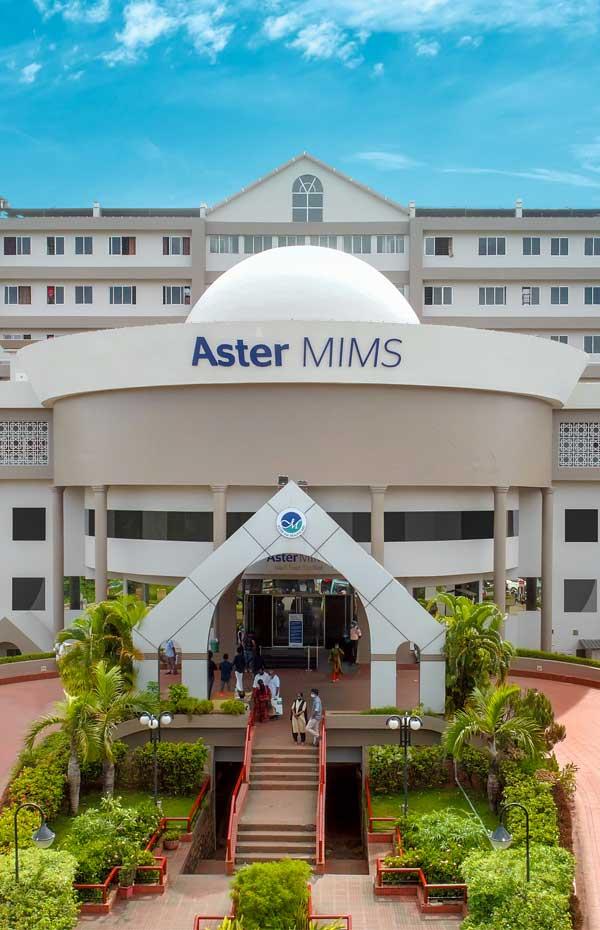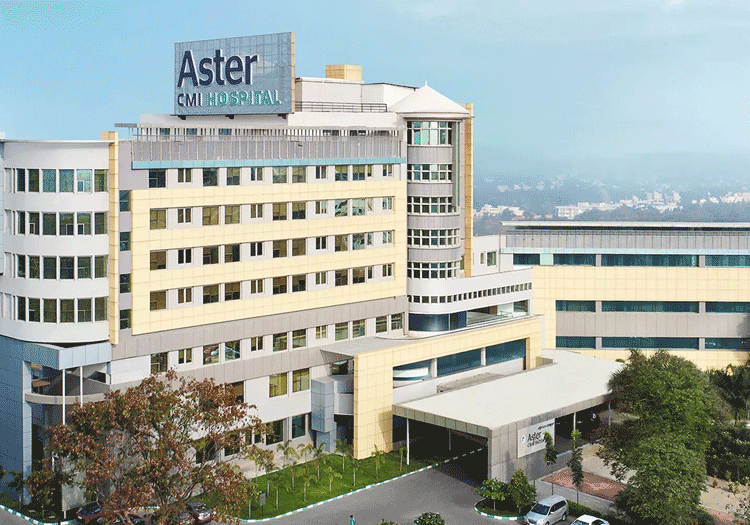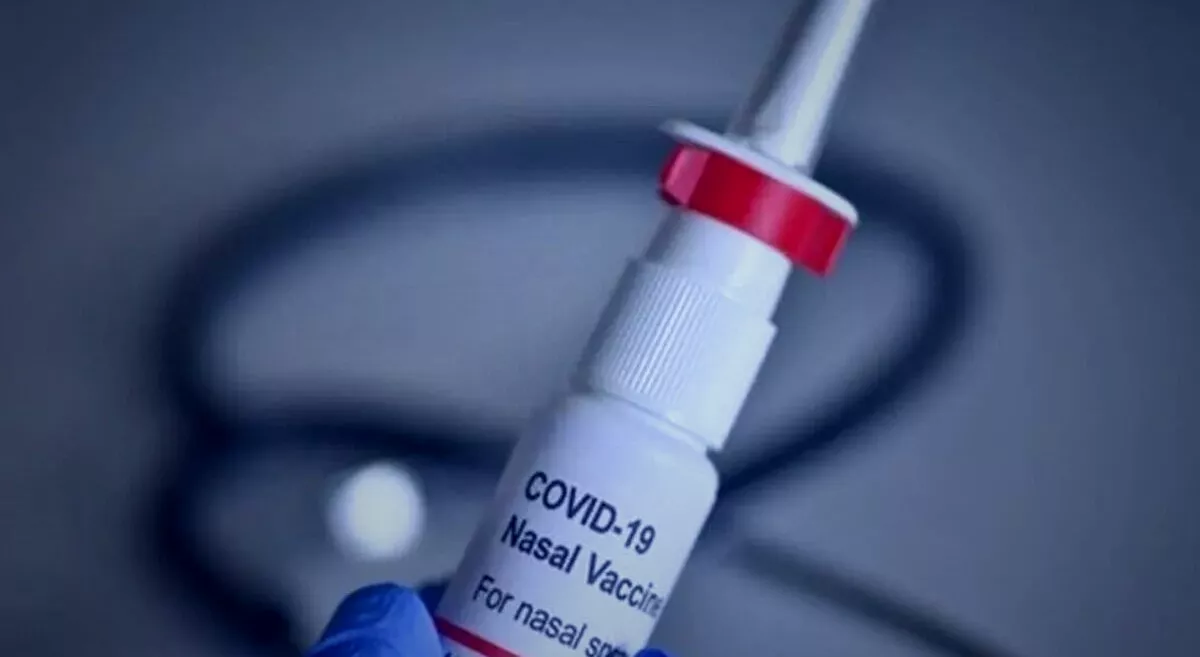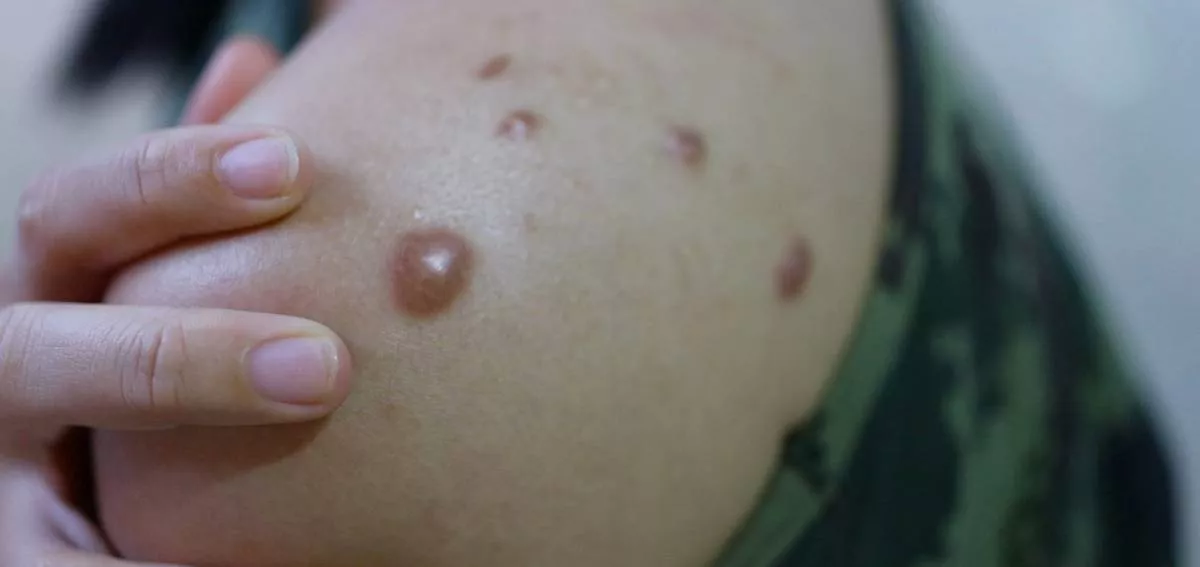"The department of Infectious Diseases at Aster CMI hospital deals with the diagnosis, management and prevention of a wide variety of infections. Infectious Diseases (ID) specialists have expertise in infections that involve various organ systems: the sinuses, brain, heart, lung, genito-urinary tract, skin, soft tissues, bone and joints. Although common infections may be managed by internists, inputs from ID specialists may be sought for the following: A difficult-to-diagnose infection Management of complex infections caused by bacteria, fungi, viruses or parasites Travel advice to those who are visiting a foreign location where infection risk is higher Patients with HIV/ AIDS ID specialists are also involved in infection control, antibiotic stewardship, surveillance and management of healthcare-associated infections."
Our Doctors
We have some of the best specialists from around the world, they bring years of experience and offer evidence-based treatment to ensure the best care for you.
Advanced Technology & Facilities
Well equipped with the latest medical equipment, modern technology & infrastructure, Aster Hospital is one of the best hospitals in India.
Management of acute febrile illness
Management of prolonged fevers of unknown origin
Management of febrile illness in the immunosuppressed
Comprehensive management of HIV, HBV & HCV infected patients
Communicable illnesses like fever with rash
Febrile illness & other infections in a traveller (Travel Health Clinic)
Out Patient Antibiotic Therapy for infections requiring prolonged intra-venous antibiotics
Adult Immunization Clinic
Blogs
The source of trustworthy health and medical information. Through this section, we provide research-based health information, and all that is happening in Aster Hospital.












